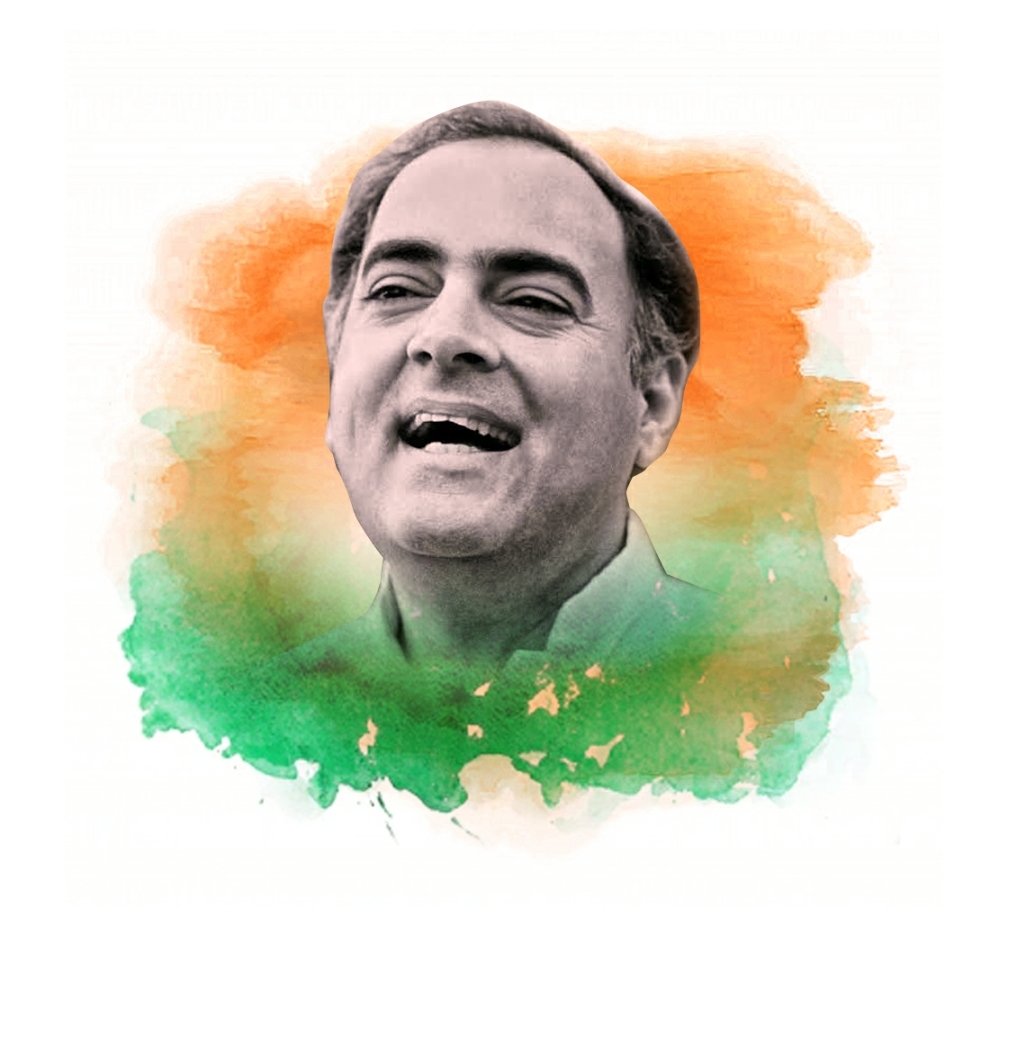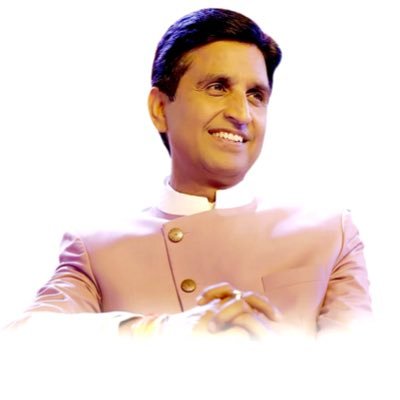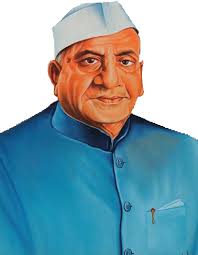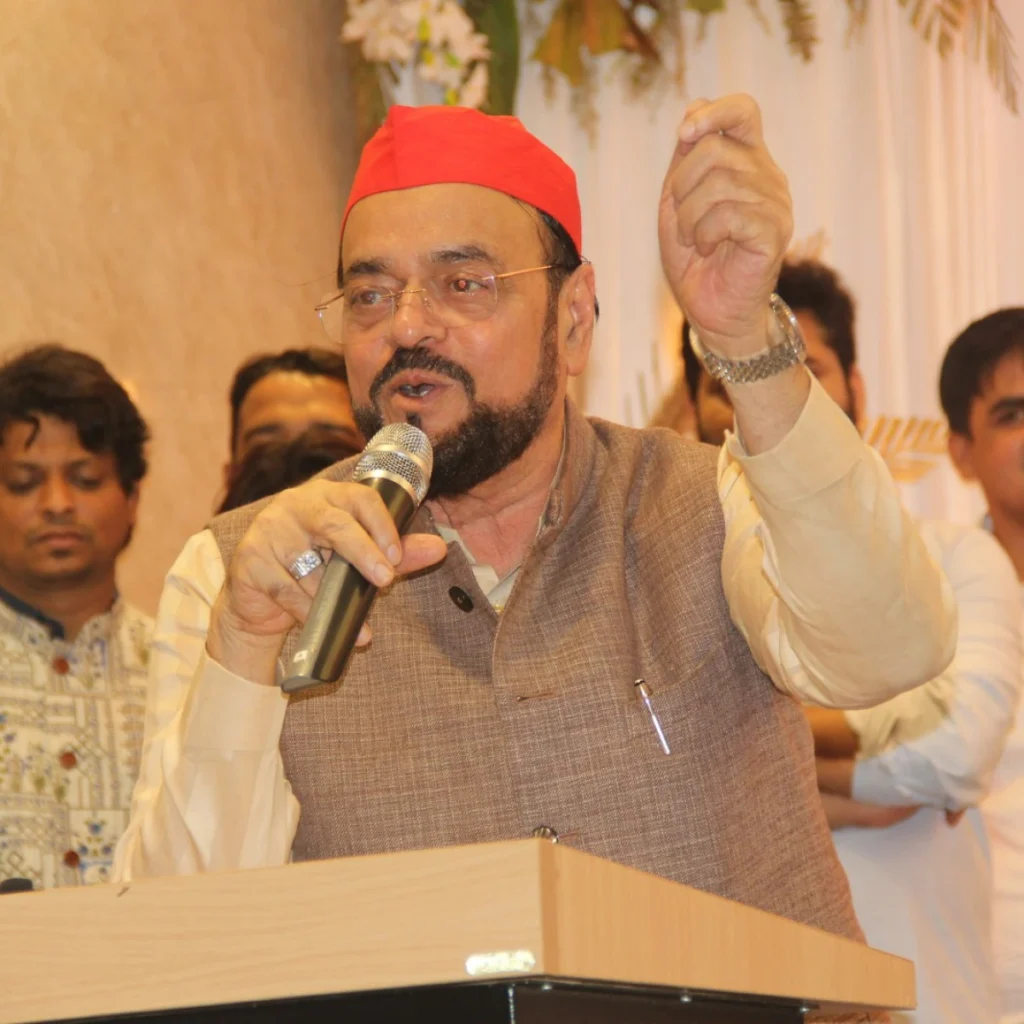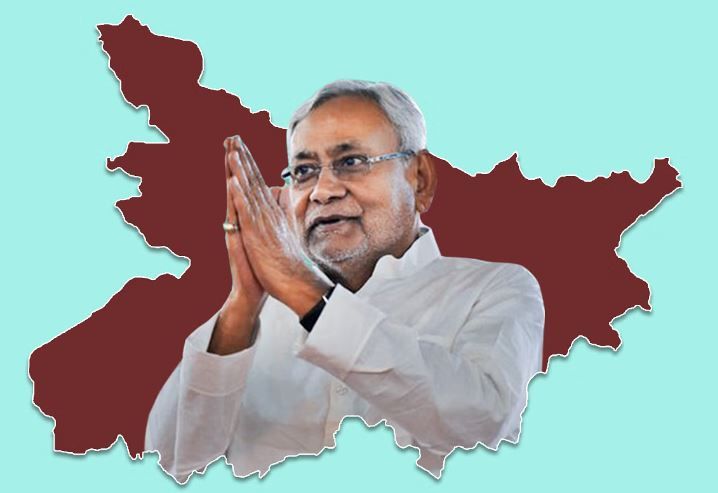Rajiv Gandhi was an Indian politician who served as the 6th Prime Minister of India from 1984 to 1989. Here’s an overview of his life and career:
Full Name: Rajiv Ratna Gandhi
Date of Birth: August 20, 1944
Place of Birth: Bombay (now Mumbai), India
Date of Death: May 21, 1991
Place of Death: Sriperumbudur, Tamil Nadu, India
Family Background: Rajiv Gandhi was born into the politically influential Nehru-Gandhi family. His grandfather, Jawaharlal Nehru, was the first Prime Minister of India, and his mother, Indira Gandhi, also served as Prime Minister.
Education and Early Career: Rajiv Gandhi studied mechanical engineering at Imperial College London but did not complete his degree. He worked as a professional pilot for Indian Airlines before entering politics following the untimely death of his younger brother, Sanjay Gandhi, in 1980.
Political Career: Rajiv Gandhi was thrust into politics after his mother’s assassination in 1984. He was appointed as Prime Minister of India by the Congress Party, which was led by his mother at the time. During his tenure as Prime Minister, Rajiv Gandhi focused on modernizing India’s economy and infrastructure. He initiated several technology and education reforms, including the launch of the National Policy on Education.
Achievements and Challenges: Rajiv Gandhi’s tenure as Prime Minister saw both achievements and challenges. He is credited with promoting technological advancements, particularly in the field of information technology, and laying the foundation for economic liberalization. However, his government also faced criticism for allegations of corruption and communal tensions, particularly related to the Bofors scandal and the Shah Bano case.
Assassination: Tragically, Rajiv Gandhi’s life was cut short when he was assassinated by a suicide bomber associated with the Sri Lankan Tamil militant organization LTTE (Liberation Tigers of Tamil Eelam) during an election campaign rally in Sriperumbudur, Tamil Nadu, in 1991.
Legacy: Rajiv Gandhi is remembered as a charismatic leader who sought to bring about modernization and change in India. Despite his untimely death, his contributions to Indian politics and society continue to be remembered, particularly in the areas of technology, education, and youth empowerment. He remains a prominent figure in Indian political history, revered by supporters and remembered for his efforts to propel India into the modern era.

